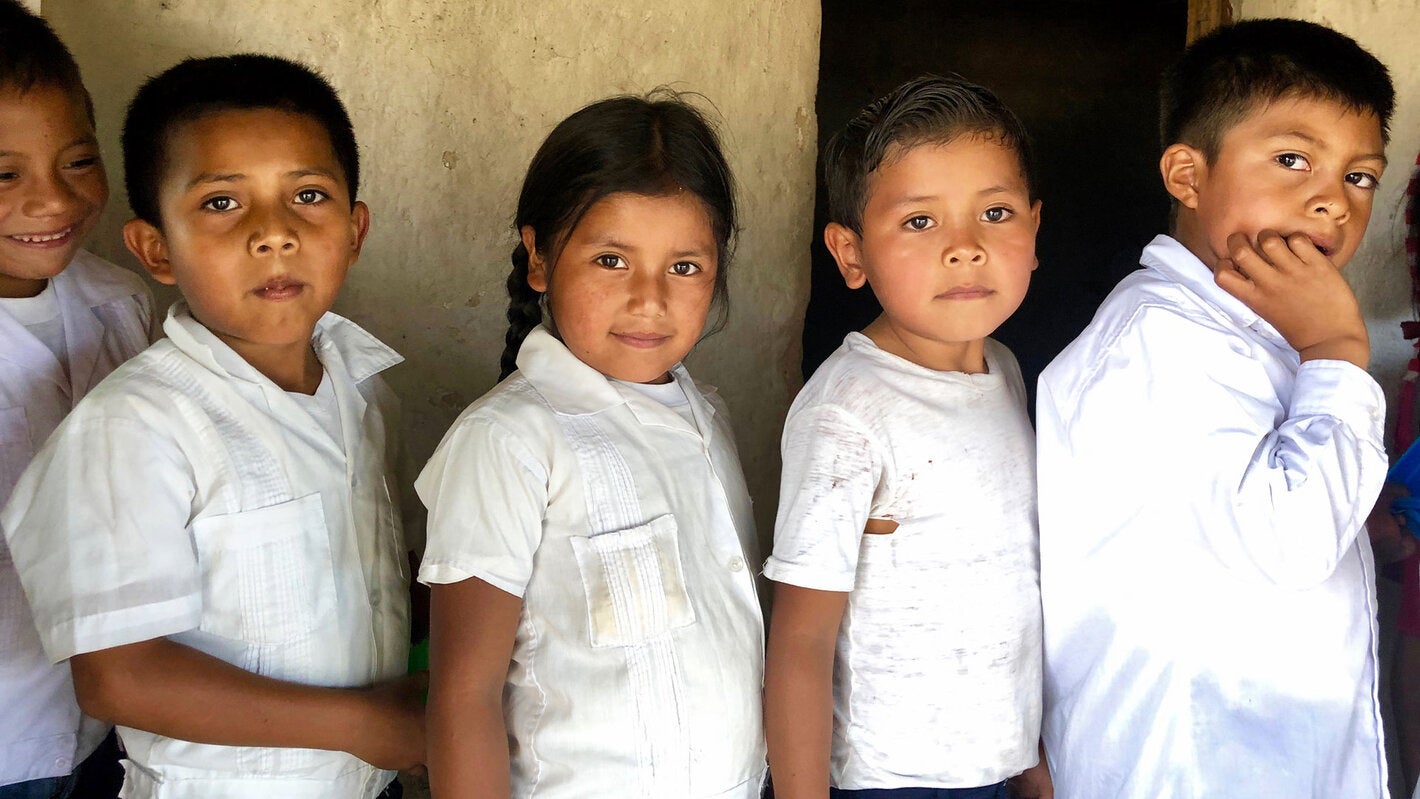
By Carla Saenz, Regional Bioethics Advisor, Pan American Health Organization (PAHO)
Conducting health research with children is an ethical imperative that seeks to protect their well-being and advance their health and equitable treatment. An estimated 70% of the drugs regularly administered to children have not been studied with them. Thus, children's health is regularly jeopardized: When children are given drugs without evidence of their safety and efficacy in this specific population, they are exposed to risks. Such exposure is usually not preceded by an informed consent process. Children are exposed to risks as part of their medical care without any additional safeguards (such as close monitoring) and without the prospect of learning from these risks.
Paradoxically, we ended up in this perilous situation because we wanted to protect children. We wrongly assumed that protecting them – along with other vulnerable populations – entailed their exclusion from research. Yet by excluding them from research, we fail to learn which medical interventions are safe and efficacious for children. We further fail to extend to children the benefits of science and research that should benefit them as well.
In 1970, the overall survival of children with acute lymphoblastic leukemia (ALL), which is the most common cancer in childhood, was less than 10%. After conducting several clinical trials that together enrolled over 32,000 children in less than forty years, ALL has become curable in over 90% of patients. Conducting research with children has made this dramatic change possible. An ALL diagnosis is no longer a death sentence for a child.
Such rare accomplishment could not have been achieved just by extrapolating from research with adults. Health research with children is indispensable to finding cures for them because a child is not just a smaller adult: Children are physiologically different, so diseases and drugs affect them differently. Therefore, the only way to know if a health intervention is safe and effective in children is to include them in clinical trials and all types of health research on everything from nutrition to cancer. Such research should include studies with healthy children to prevent disease and with children suffering from chronic or acute, mild or severe conditions.
Including children in studies during the COVID-19 pandemic is critical. Their health and well-being are also affected by COVID-19. Like adults, they should benefit from global efforts to quickly conduct rigorous research to find interventions to prevent and treat this disease.
International ethics guidelines require that every research project with human participants undergoes rigorous ethics review by an independent committee to ensure, for example, that risks are reasonable and that participants are adequately protected. Committees reviewing research with underage participants devote special attention to
ensuring that their well-being and interests are protected. The acceptable level of risk for each study with children is meticulously assessed. Strategies to minimize each one of those risks (e.g. through close monitoring from health care professionals or gradual increases of dosages) are further introduced. Ethics committees ensure that parents or guardians provide informed consent for the participation of their children. Yet they also make sure that children themselves are involved in the decision to participate in research, as such involvement is appropriate to their ages.
Participation in research is beneficial for children: Having interventions that we know are safe and effective for children is in their best interest. And sound mechanisms to ensure that their participation in research is ethical are already in place. Moreover, studies about the experiences of children who have participated in research reveal that children themselves genuinely care about their contribution to finding a cure or a medical intervention that could benefit other children, including new vaccines or tests to diagnose children.
Excluding children from health research not only undermines protection of their well-being; it is also unjust. Children deserve access to safe and effective interventions supported by scientific evidence. We have the moral duty to extend to them the benefits that result from research.
The COVID-19 pandemic has brought renewed attention to the value of research. In order to promote it and advance the responsible inclusion in research of all populations, we have to foster dialogue between the research community and society. Public engagement is key for trust, which is indispensable to catalyze ethical research that benefits all of us.



